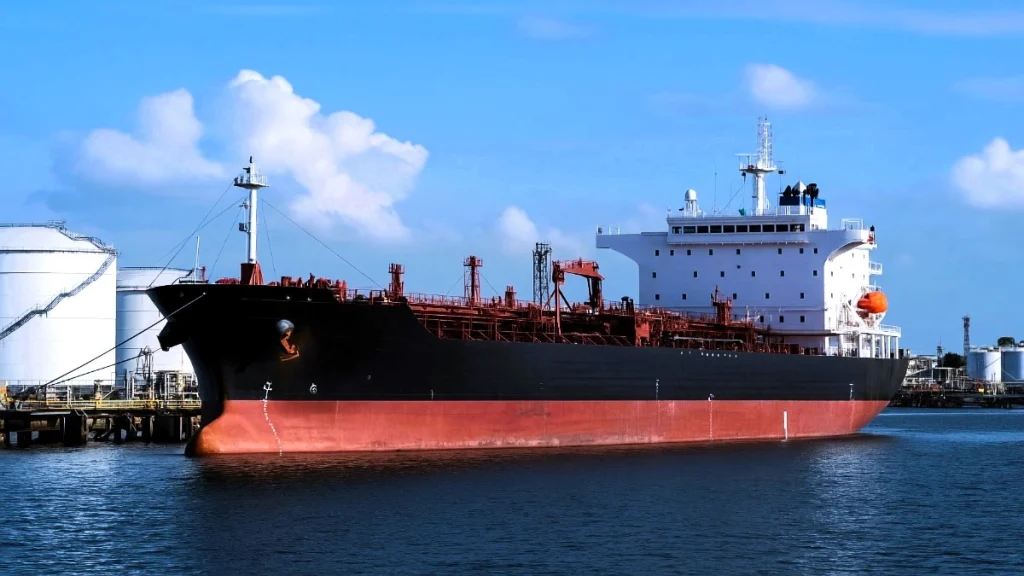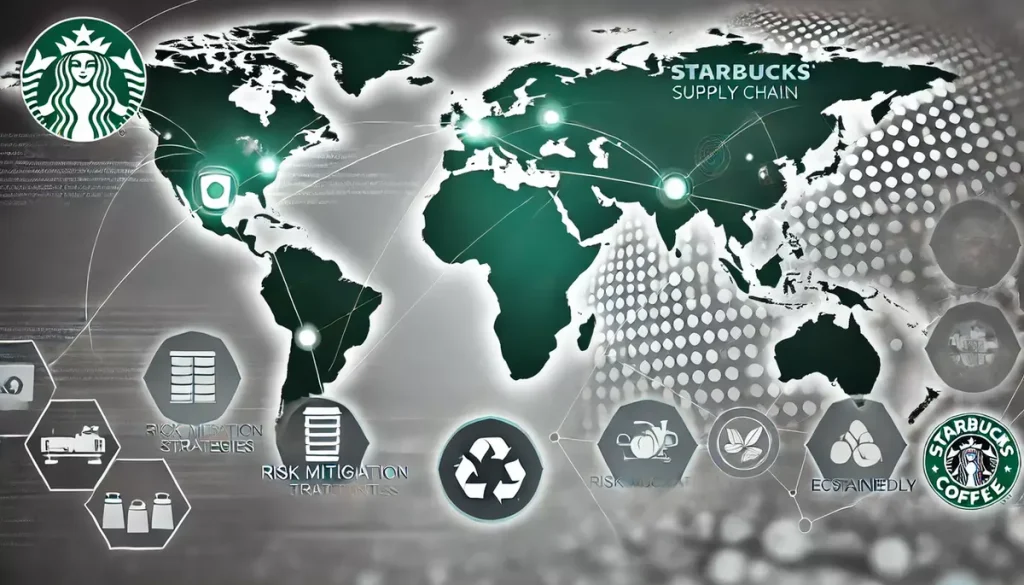Enhancing Supply Chain Resilience Through Precision: A New Paradigm for Bunker Quantity Surveys
This article explores a client-centric, data-driven approach to bunker quantity surveys, highlighting how AI benchmarking, algorithmic analysis, and predictive forecasting safeguard fuel procurement in volatile markets. By addressing hidden inefficiencies overlooked by traditional survey models, this method enhances cost control, supply chain resilience, and operating income stability for modern maritime operators.


